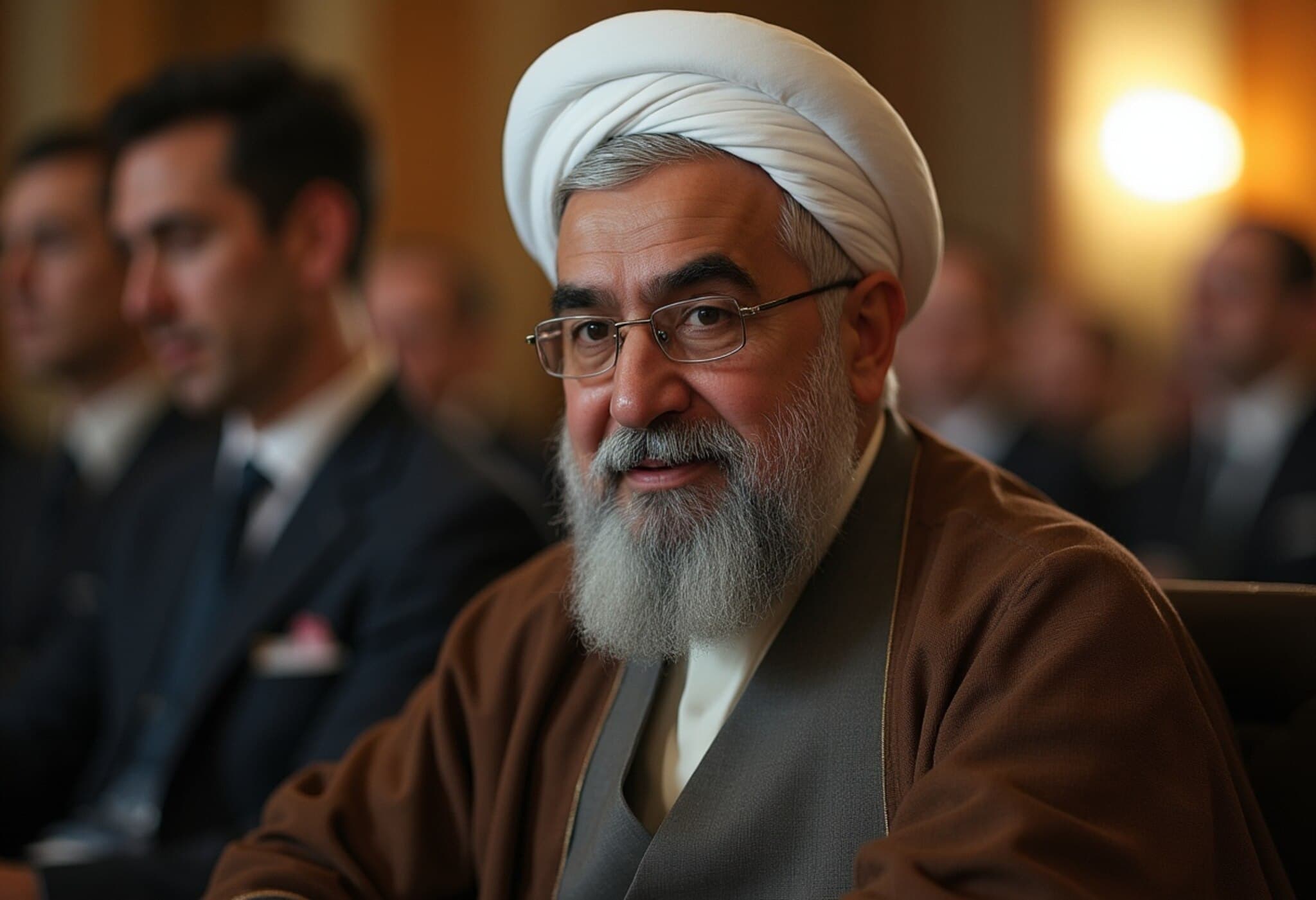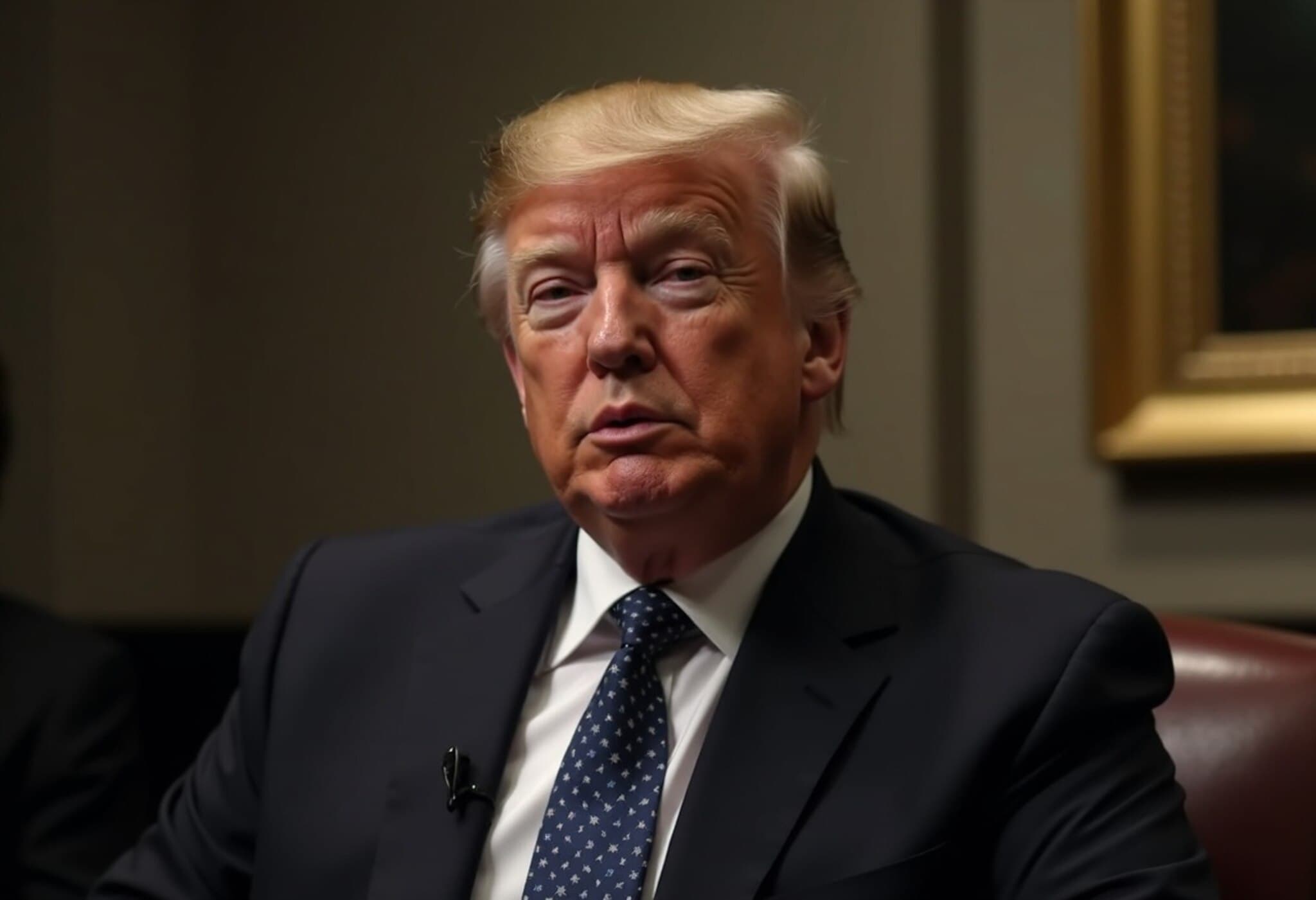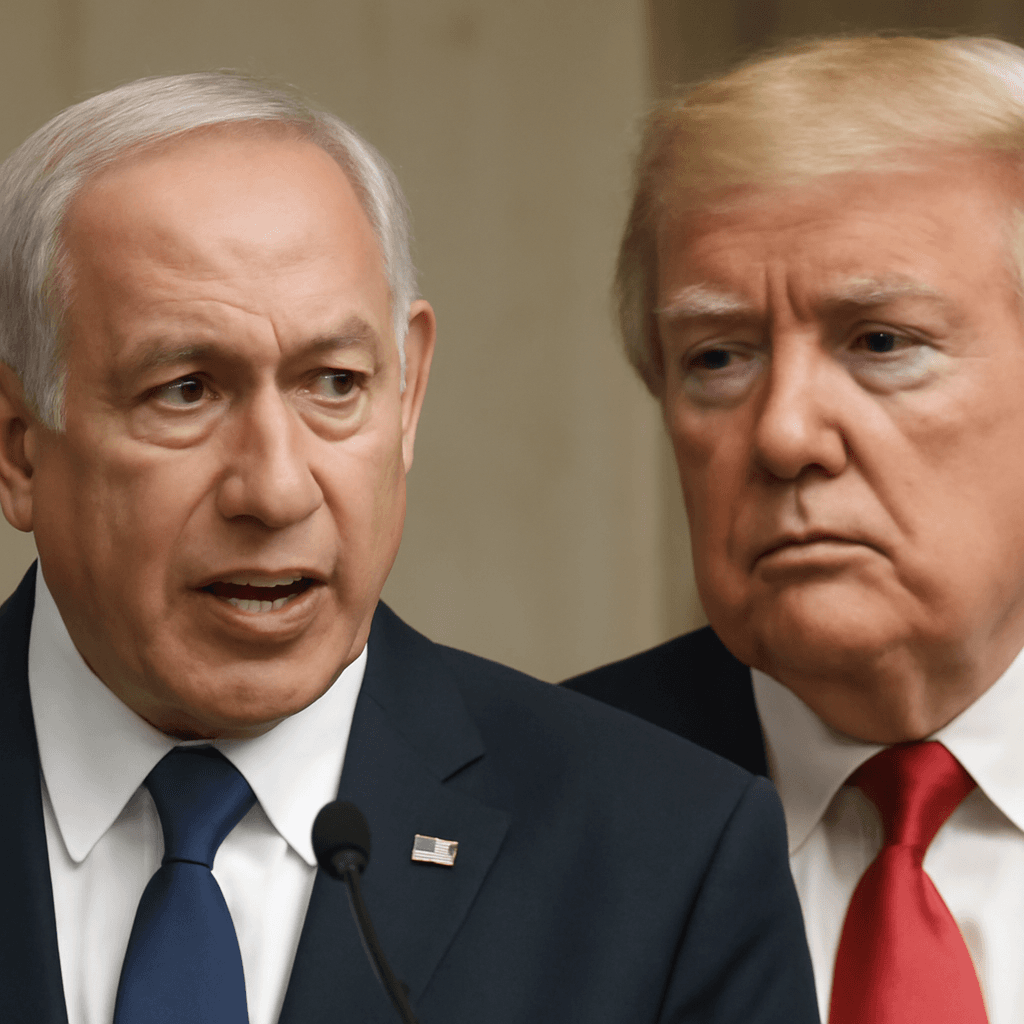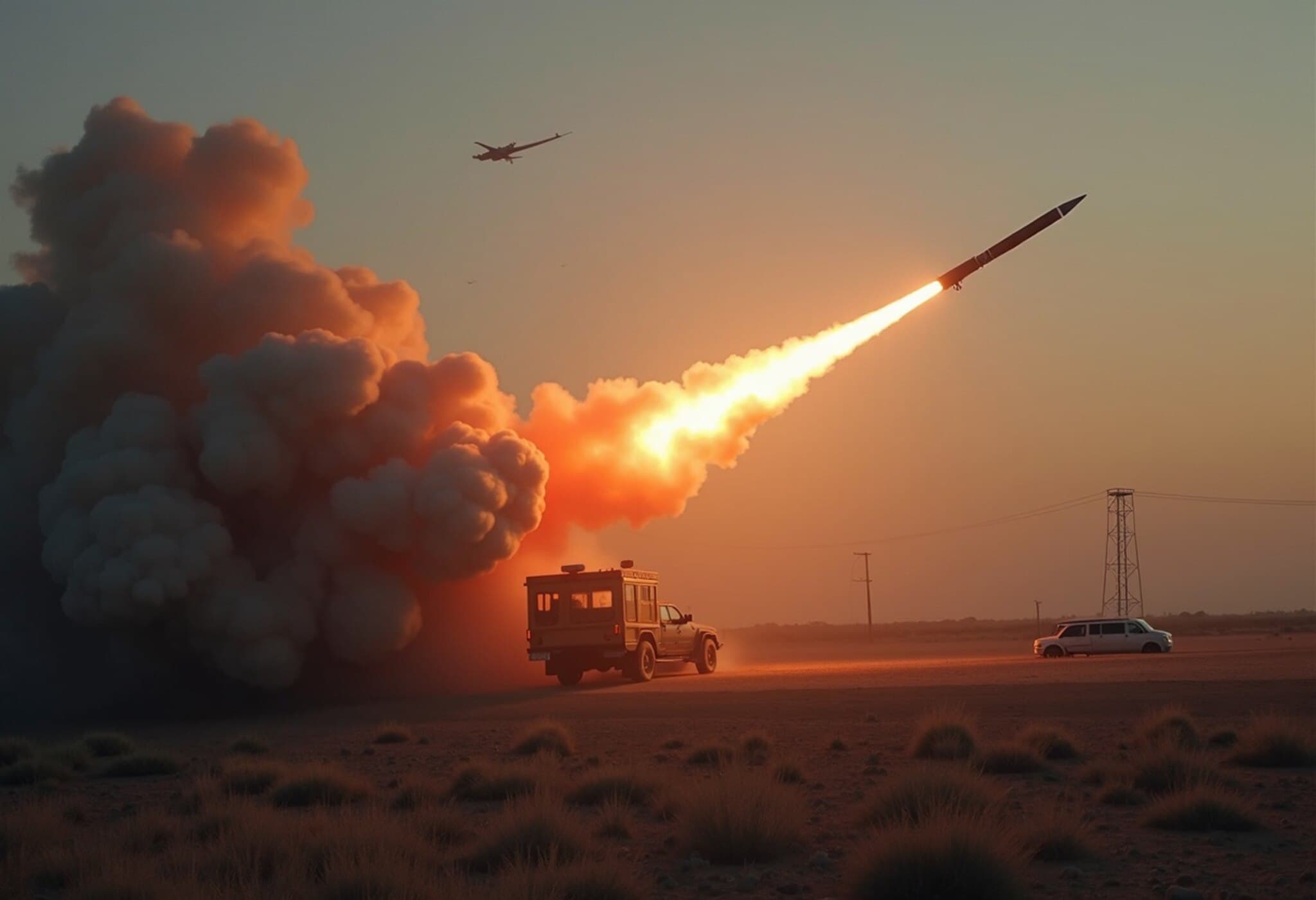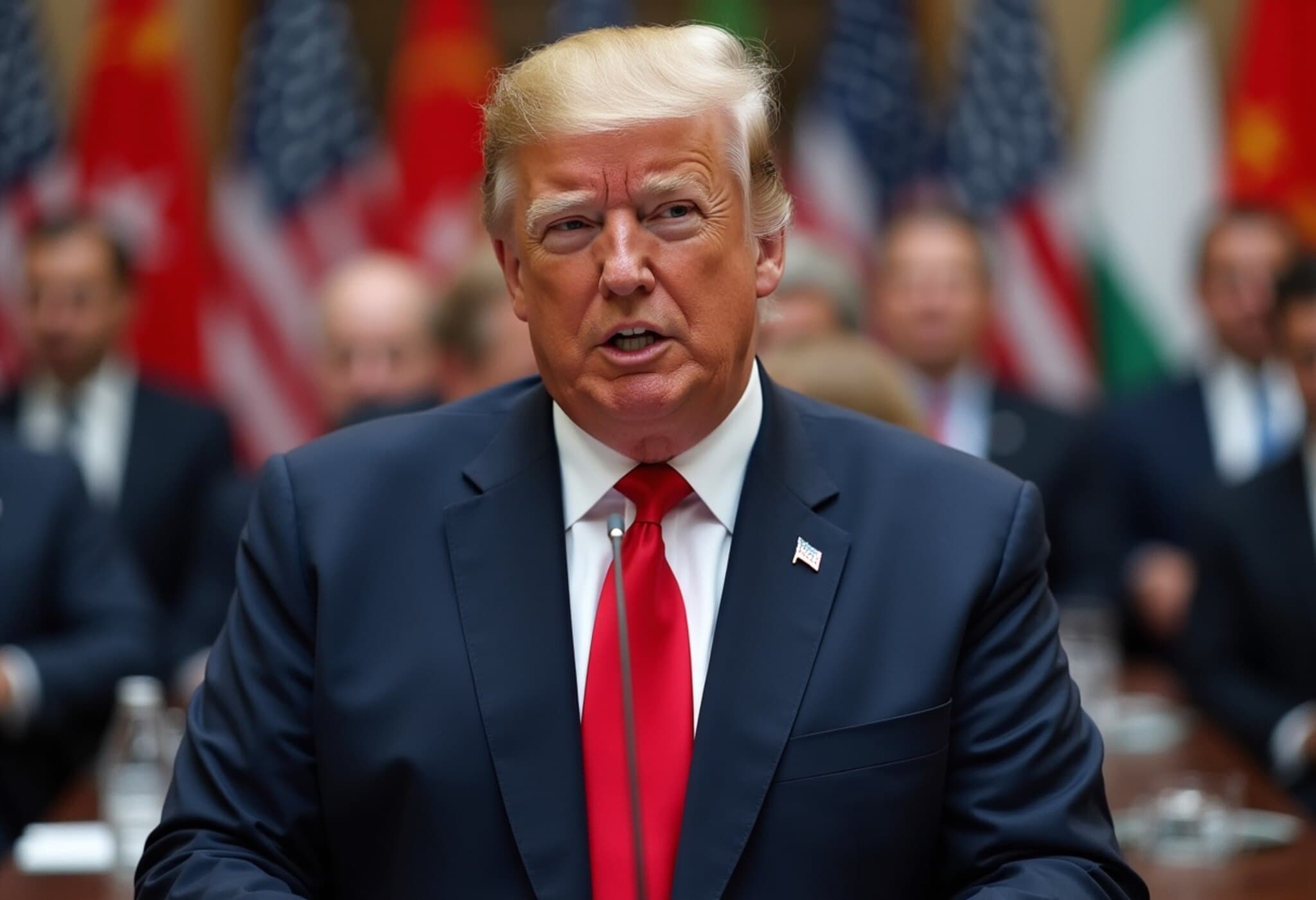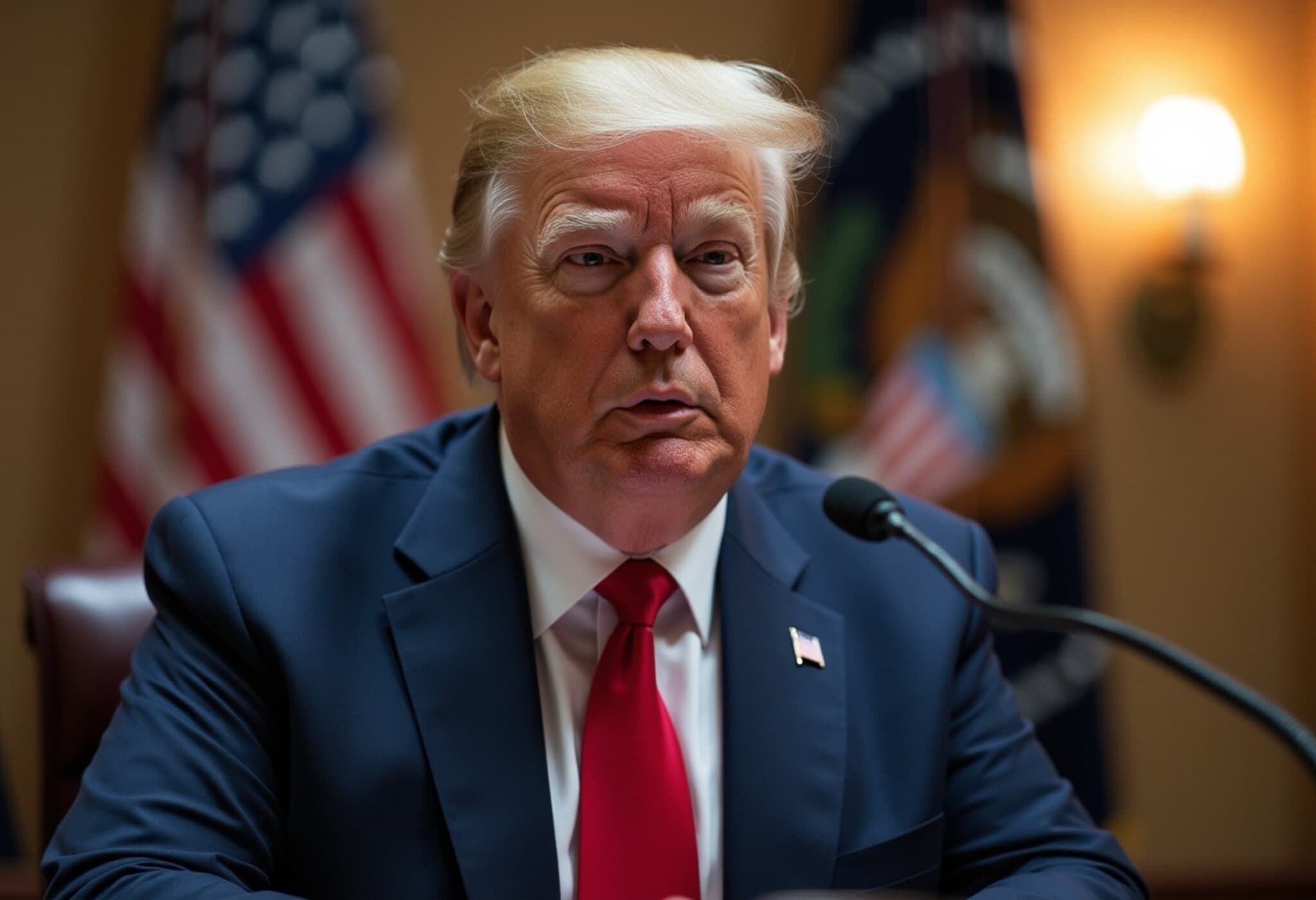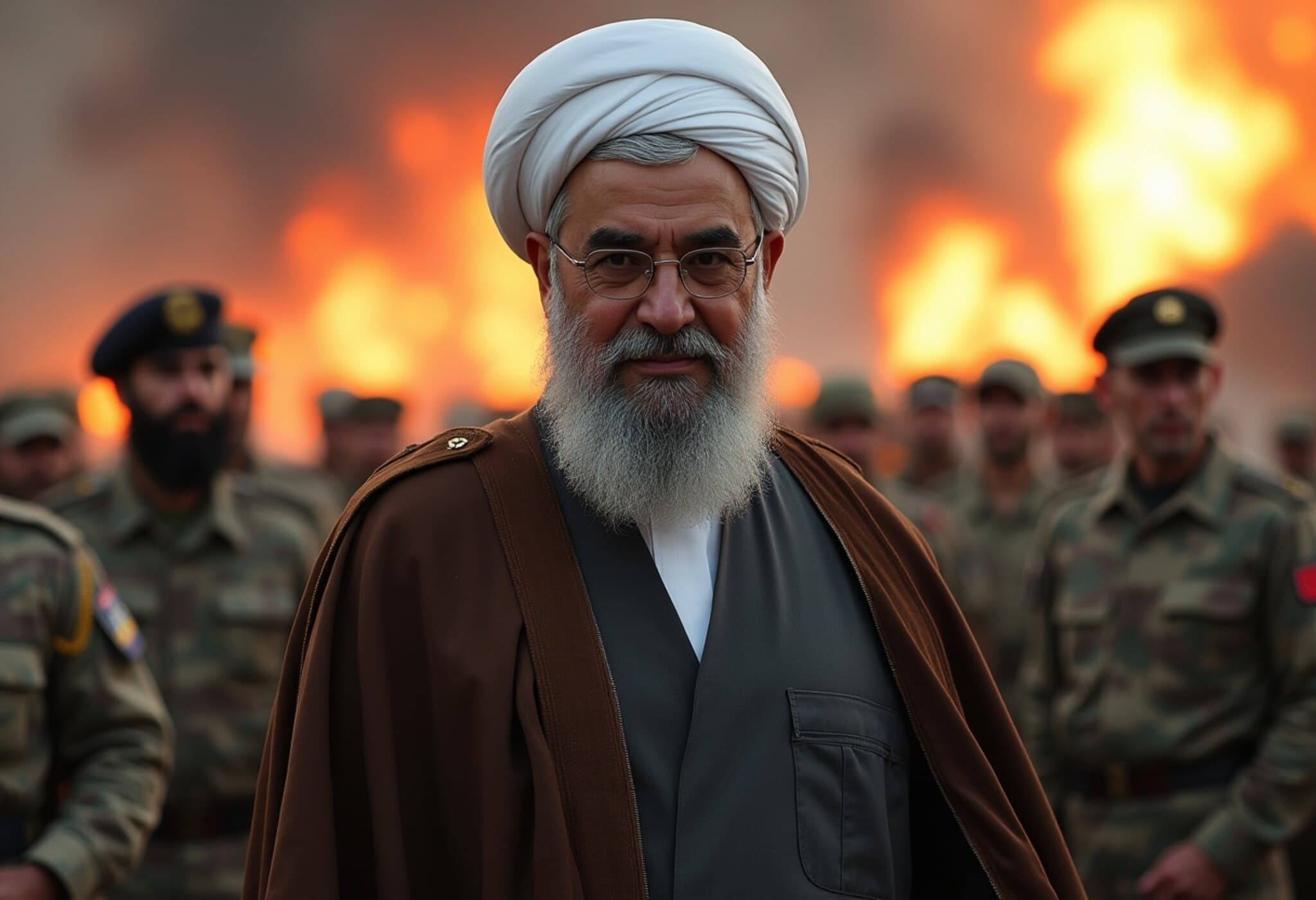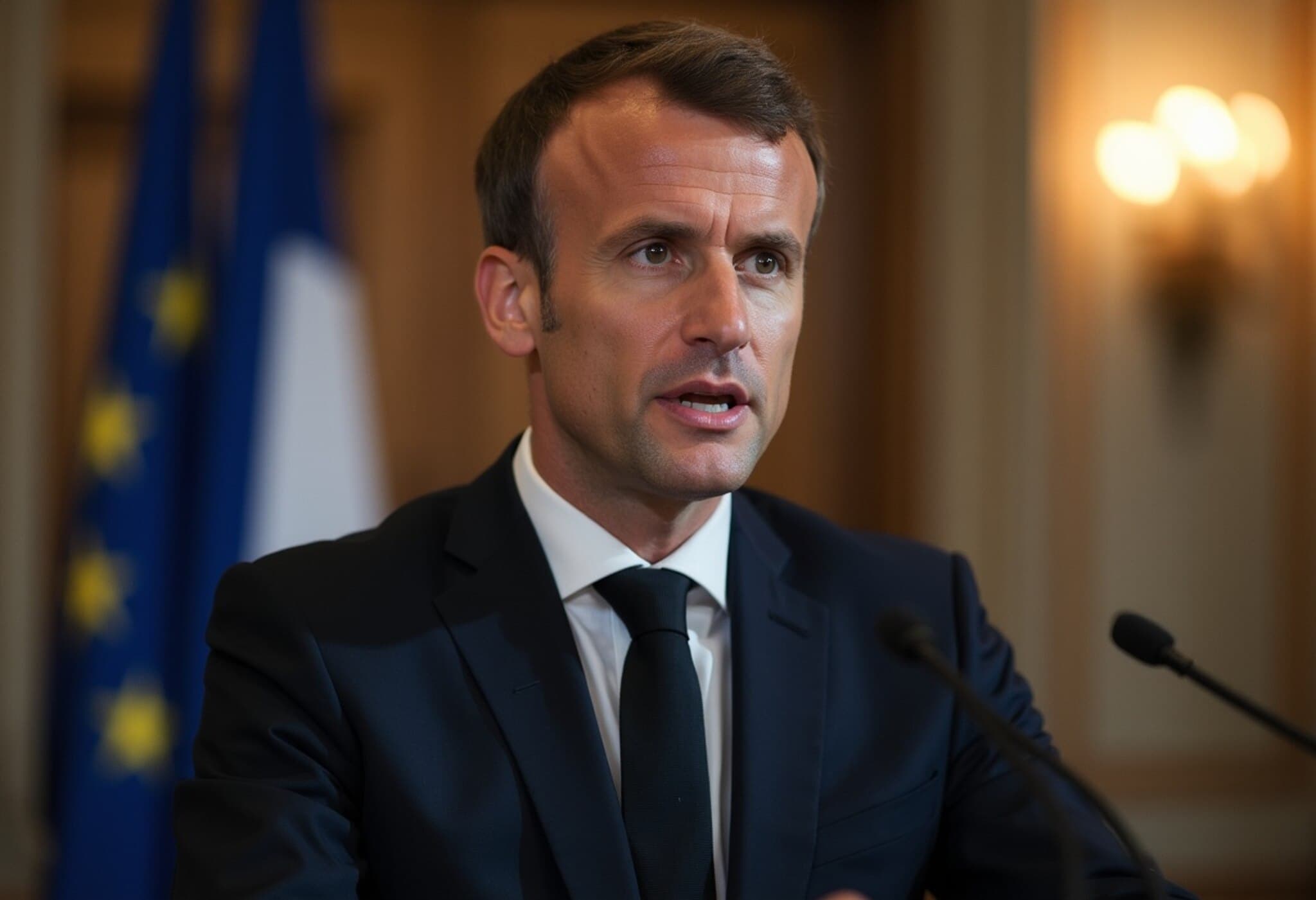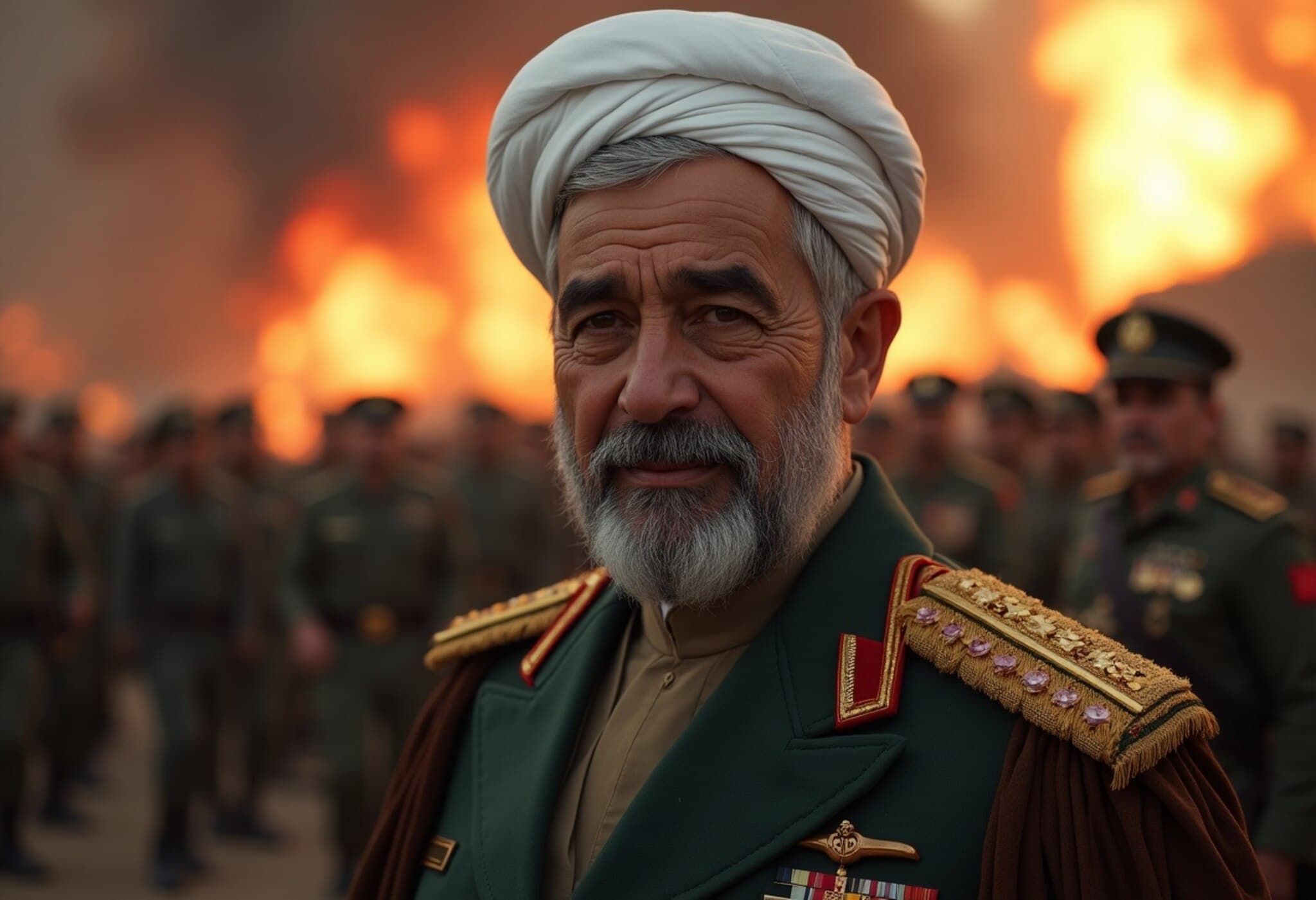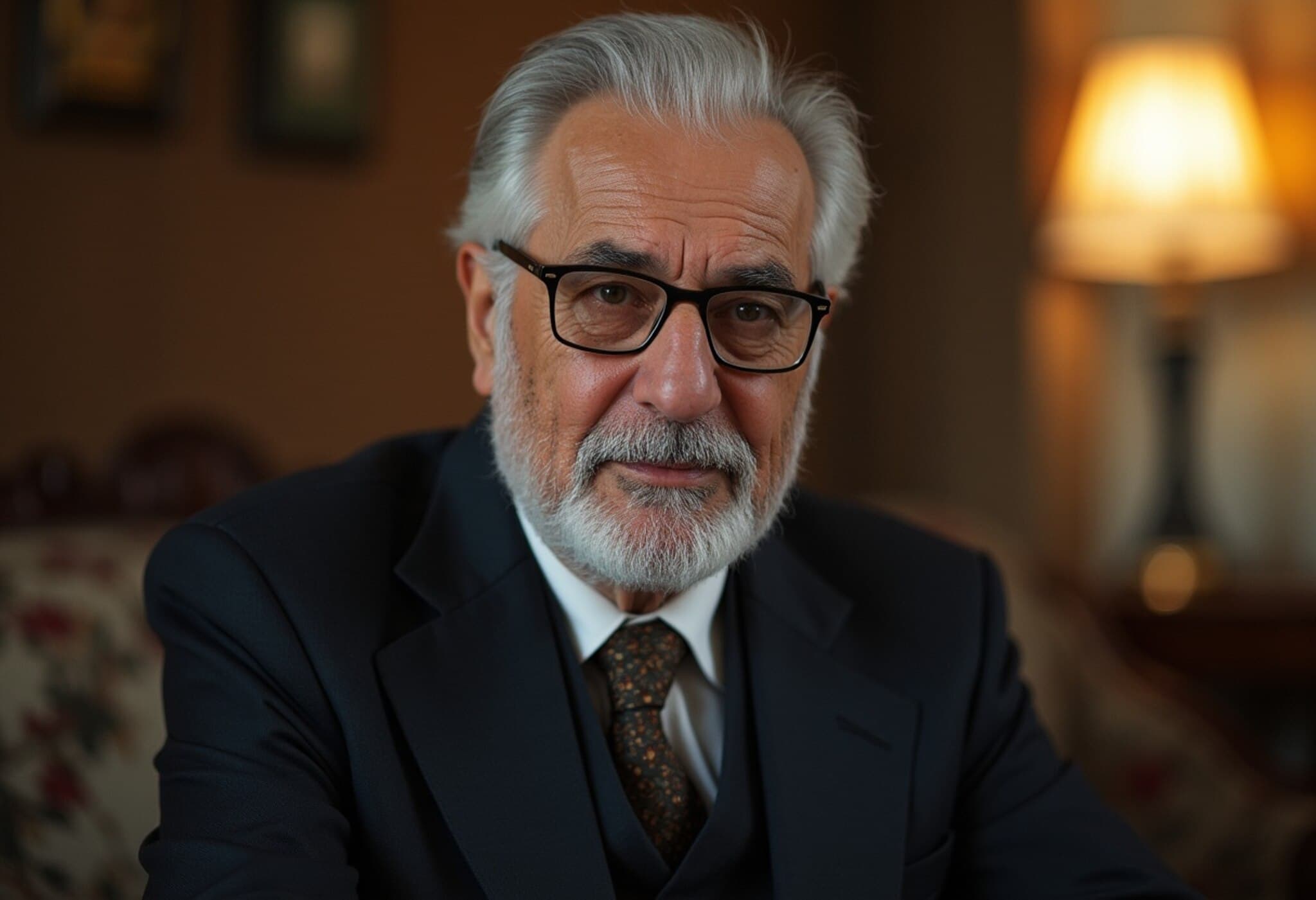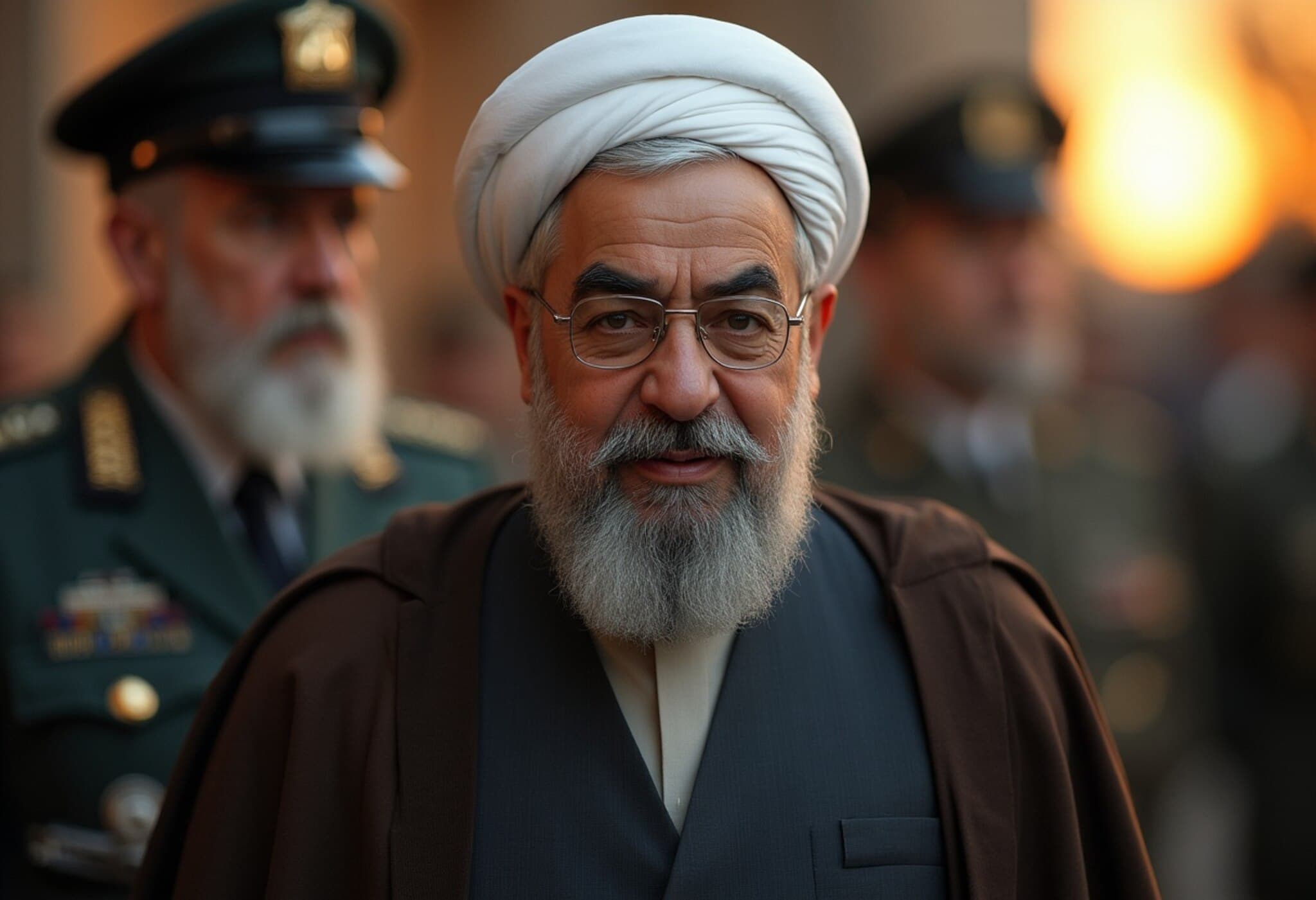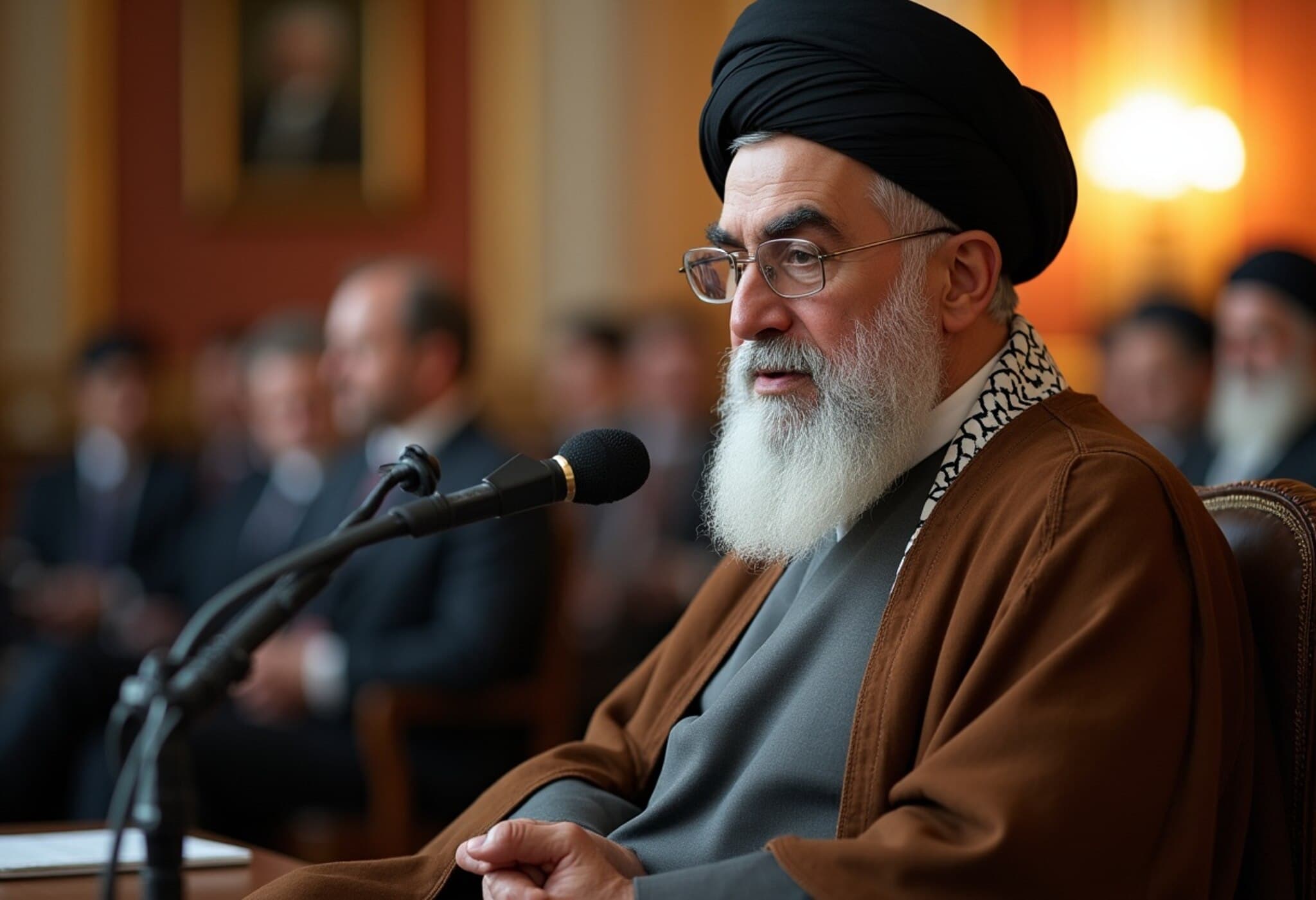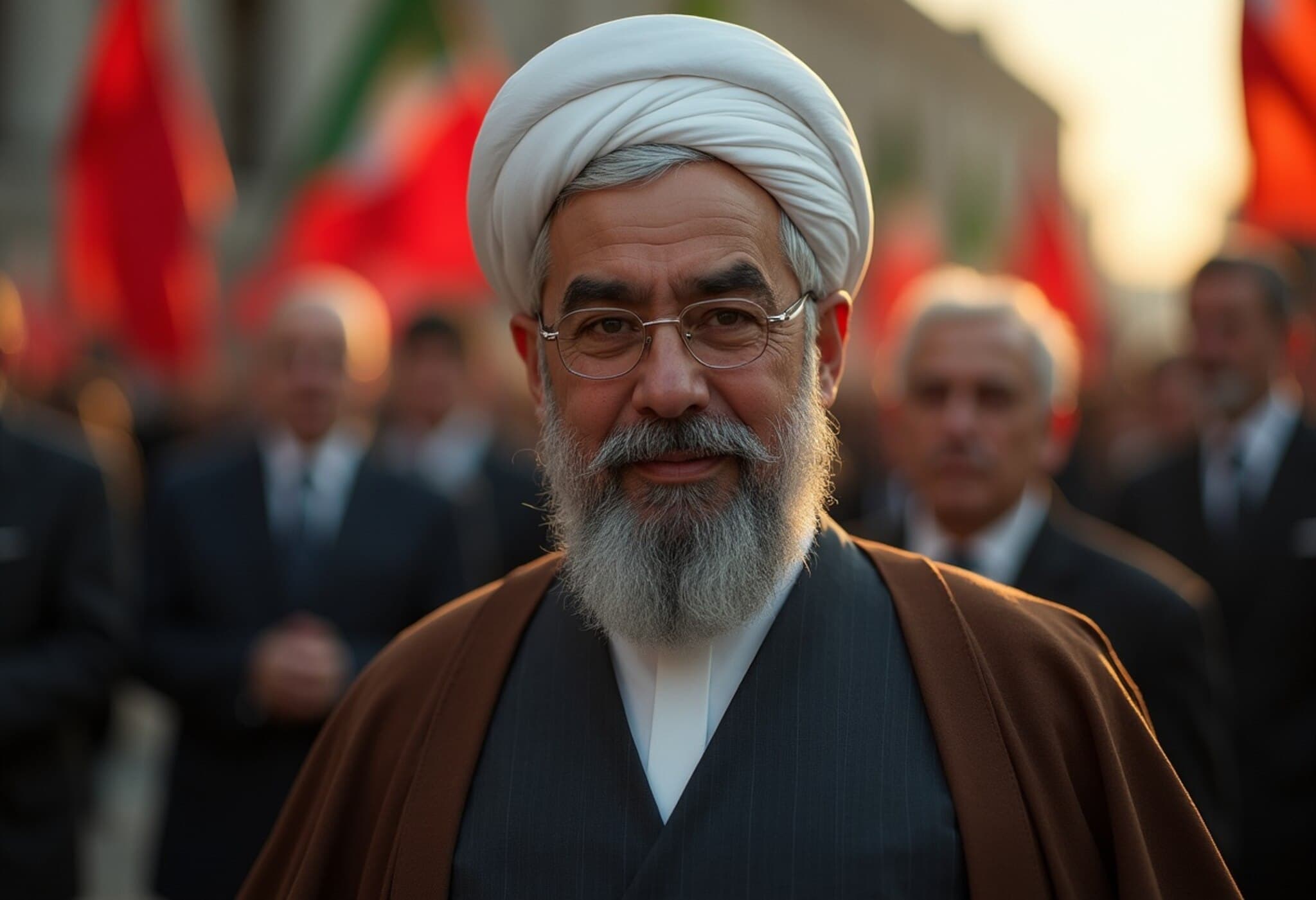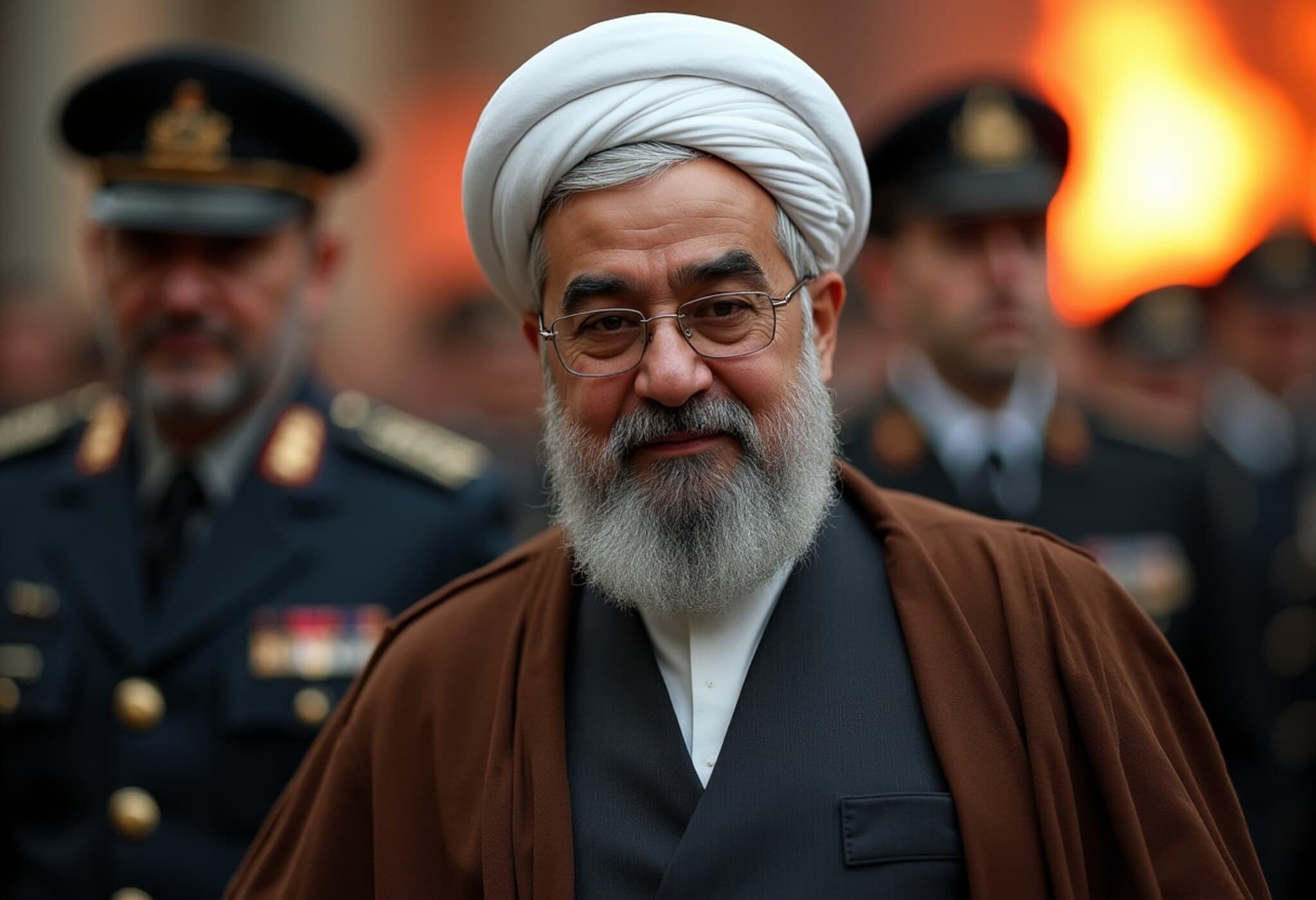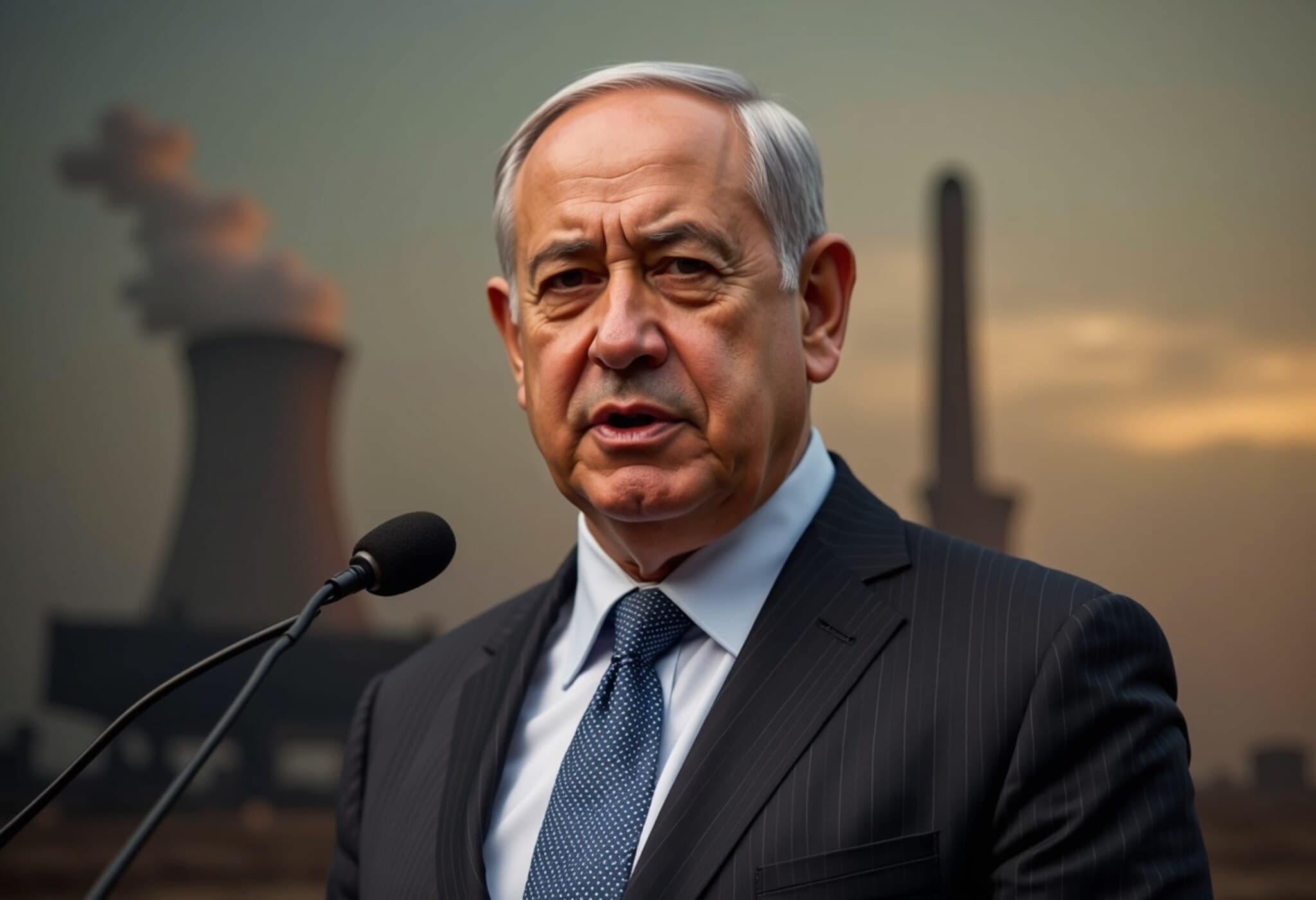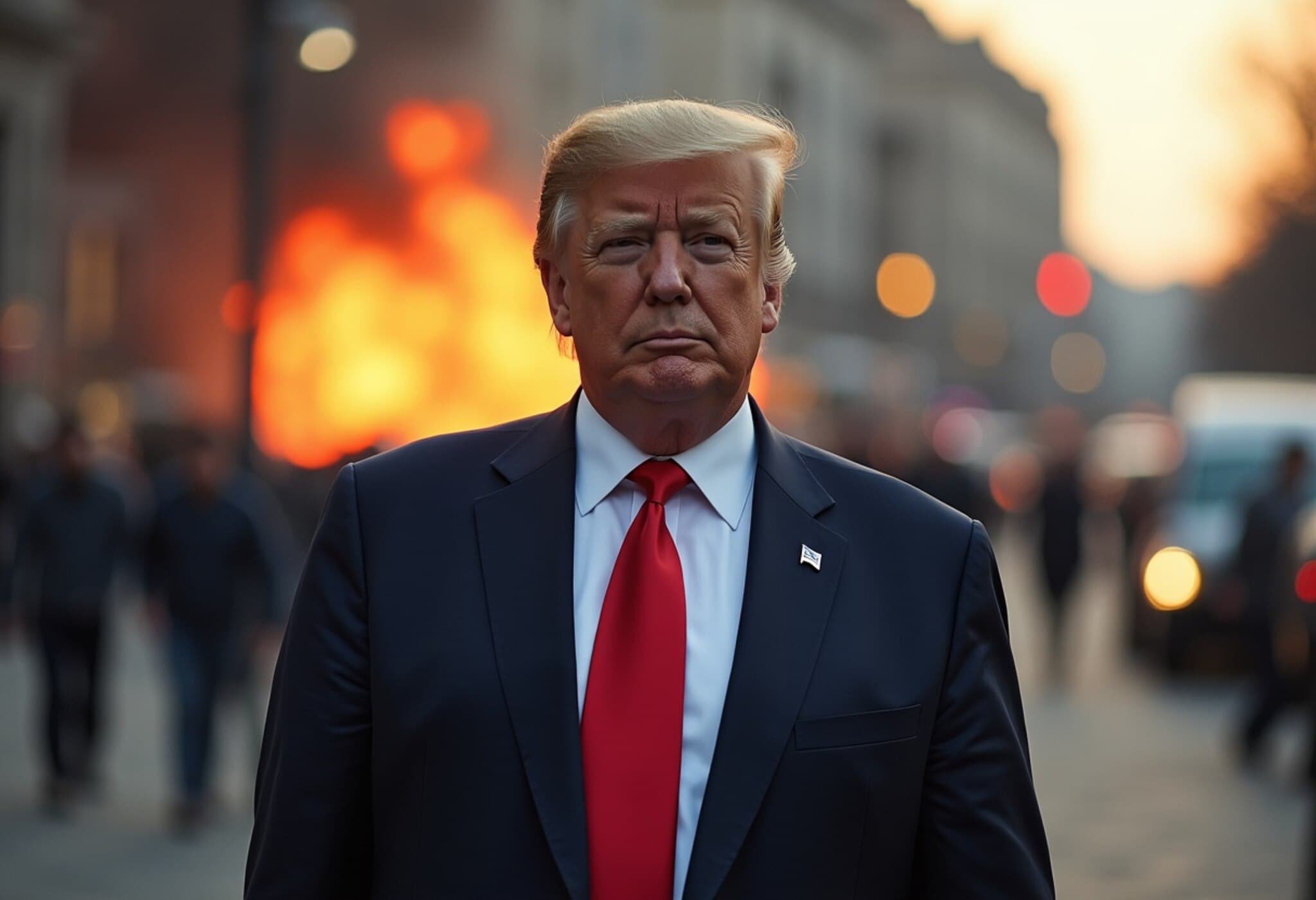Exiled Iranian Crown Prince Urges Supreme Leader to Step Down
Reza Pahlavi, the exiled son of Iran's last monarch, has openly called for a fundamental change in Iran's leadership. Addressing a press conference in Paris, Pahlavi implored Supreme Leader Ayatollah Ali Khamenei to resign immediately if he wishes to face a fair trial—something Pahlavi asserts has never been extended to any Iranian under the current regime.
Declaring his readiness to assume leadership, Pahlavi revealed plans to establish a secure platform that unites dissidents and internal opposition to dismantle the dictatorship. His vision is to guide Iran towards a future defined by freedom and democracy. “We are a proud, ancient, and resilient people,” he emphasized. “To my compatriots: This is our moment. I am with you. Let us build this new Iran together.”
'This Is Our Berlin Wall Moment'
Drawing a powerful analogy, Pahlavi likened Iran's situation to its own "Berlin Wall moment"—a pivotal crossroads fraught with both peril and promise. “We stand at a crossroad. One path leads to bloodshed and chaos; the other to peaceful, democratic transition,” he said.
He also addressed recent sabotage at Iranian nuclear facilities, noting that although these actions have hindered the regime’s nuclear enrichment at home, they have not diminished its ambition for nuclear weapons. Pahlavi warned that the regime might seek to acquire nuclear arms through alliances with rogue states, such as North Korea, in retaliation.
A Strategic Plan for Iran's Renewal
Pahlavi unveiled a comprehensive plan named the Iran Prosperity Project (IPP), aimed at economic reconstruction and social stability. This blueprint unfolds in three phases:
- Emergency Phase (4–6 months): Immediate stabilization efforts
- Establishment Phase (18–24 months): Building foundational institutions and governance
- Normalization Phase (Long-term): Sustained development and democratic consolidation
He underscored three core principles to guide this transition:
- Territorial integrity of Iran
- Individual liberties and equal rights for all citizens
- Separation of religion and state
Diverging Views on Regime Change from the U.S. Leadership
Meanwhile, Reza Pahlavi’s push for regime change contrasts with ambiguity within the U.S. administration. Vice President JD Vance was unequivocal in denying any involvement in regime change efforts, stating that the United States is not at war with Iran nor pursuing a change in government.
However, this stance appears somewhat contradicted by former President Donald Trump, who suggested on social media that a regime change could be justifiable if the current Iranian leadership fails to "Make Iran Great Again," a reference paralleling his own slogan. “It's not politically correct to use the term 'Regime Change,' but if the current Iranian Regime cannot deliver, why not?” Trump wrote, emphasizing the possibility of political upheaval.

